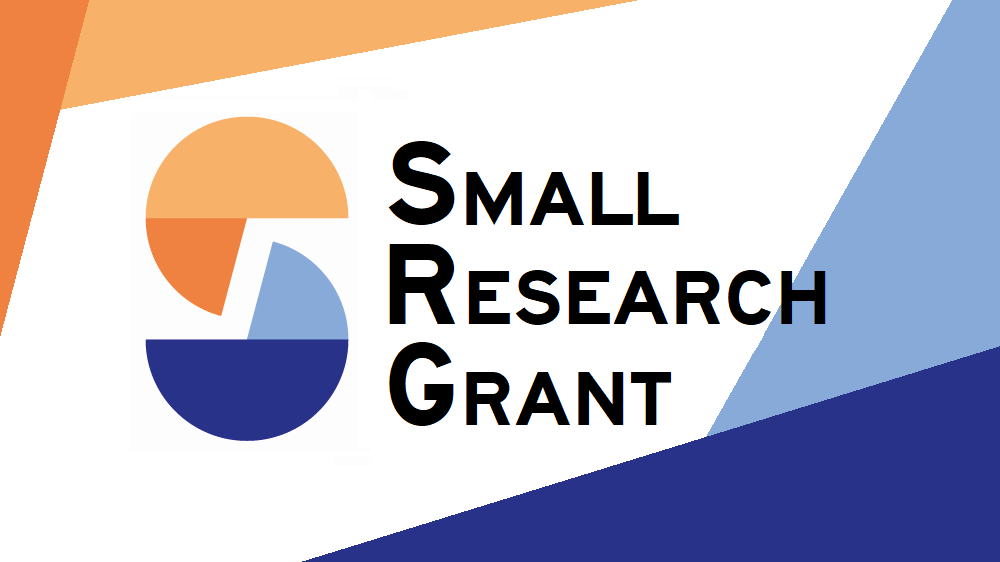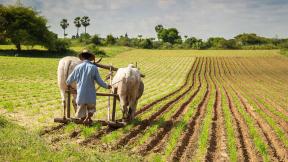Worldwide, the effect of climate change and environmental degradation on livelihoods are growing in importance. They pose a particularly acute threat in developing countries where most of the immediate consequences are concentrated, and where pervasive poverty makes individuals more vulnerable to changes in the environment. Since the Foresight report (2011), the number of studies on the effect of environmental shocks on rural emigration has grown tremendously (see Borderon et al. 2019 for a review of the literature on Africa). Interestingly however, the possible feedback effect of environment-driven internal migration on the environment, either in rural or urban areas, has so far received little attention in academic or policy discussions. This project aims to build an evidence base of the feedback effect of internal migration on environmental change in developing countries. In the context of Sub-Saharan Africa, the research team evaluate the effect of emigration from rural areas on deforestation, and the effect of rural immigration on environmental quality in cities.
The research covers a large and broad group of Sub-Saharan African countries in order to cover countries with varying levels of income and urbanisation, and whose economies rely on different sectors. For migration, the main data sources are census microdata. For environmental outcomes, the researchers use satellite data on deforestation, air pollution data, and underground water depletion. They combine these main data sources with LSMS-type household surveys, to provide information on agricultural practices, forestry and firewood use in rural areas, and on water availability, water prices, and water services in urban areas. To study the effect of emigration on deforestation, they regress changes in forest cover on changes in population, and instrument changes in population with pull shocks, e.g. city growth at destination combined with pre-existing migration networks. To study the effect of immigration on environmental quality in cities, they regress changes in environmental indicators on immigration, instrumented by push shocks at origin, e.g. agricultural price shocks.
Migration induced by climate change and a changing environment is well researched, but the reverse causation is often forgotten in spite of the importance to policy, particularly in lower-income countries. Understanding the causes of environmental degradation is critical for policies aiming for sustainable growth. Natural resources are a primary source of wealth for many lower-income countries, and a careful balance between resource harvesting and resource depletion is critical. Additionally, further harm to the environment will only increase the adverse effects on inhabitants’ health, productivity, and welfare that are already being experienced. This project answers these questions in the context of ten Sub-Saharan African countries that range in income levels, urbanisation rates, and industry mix.




























































